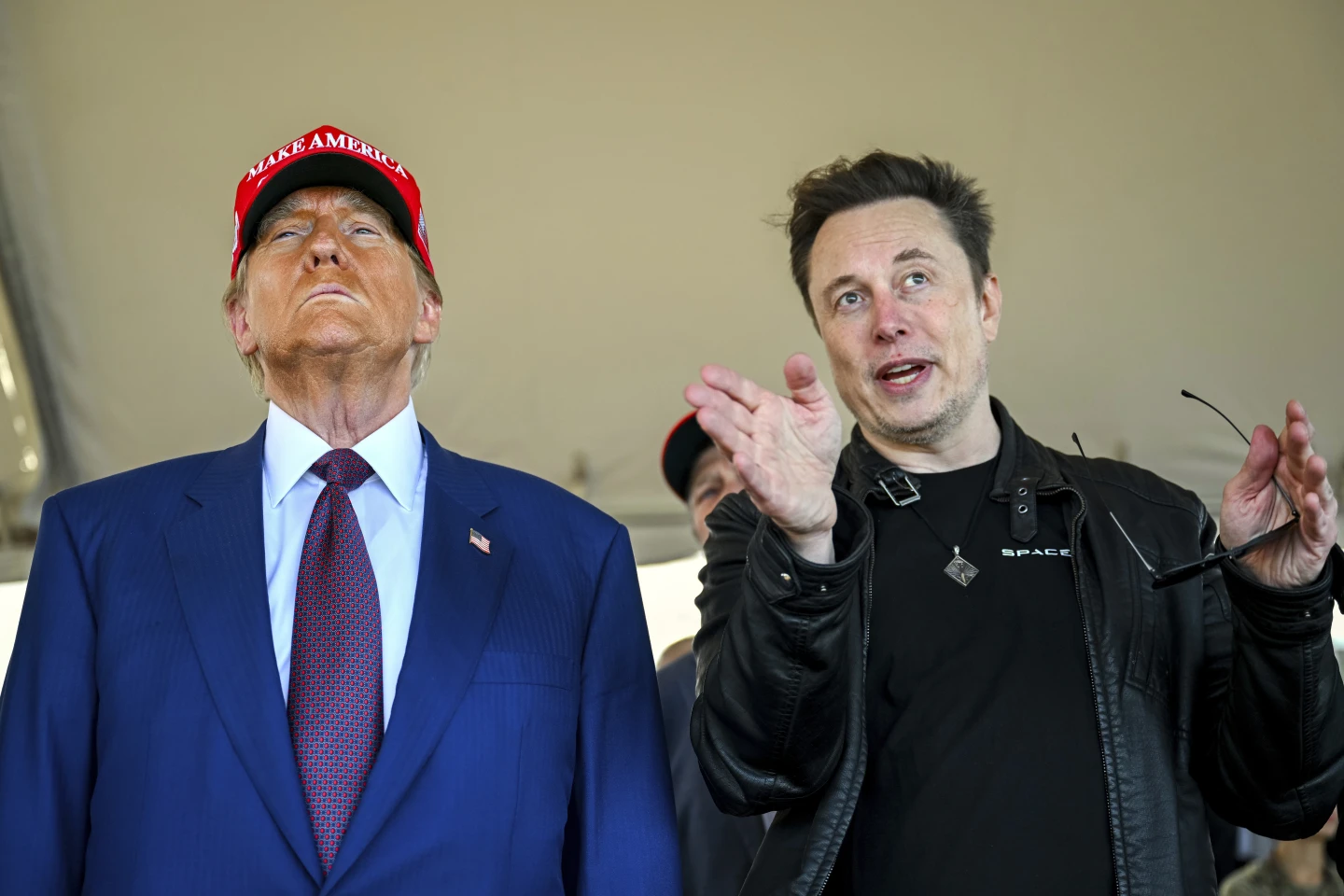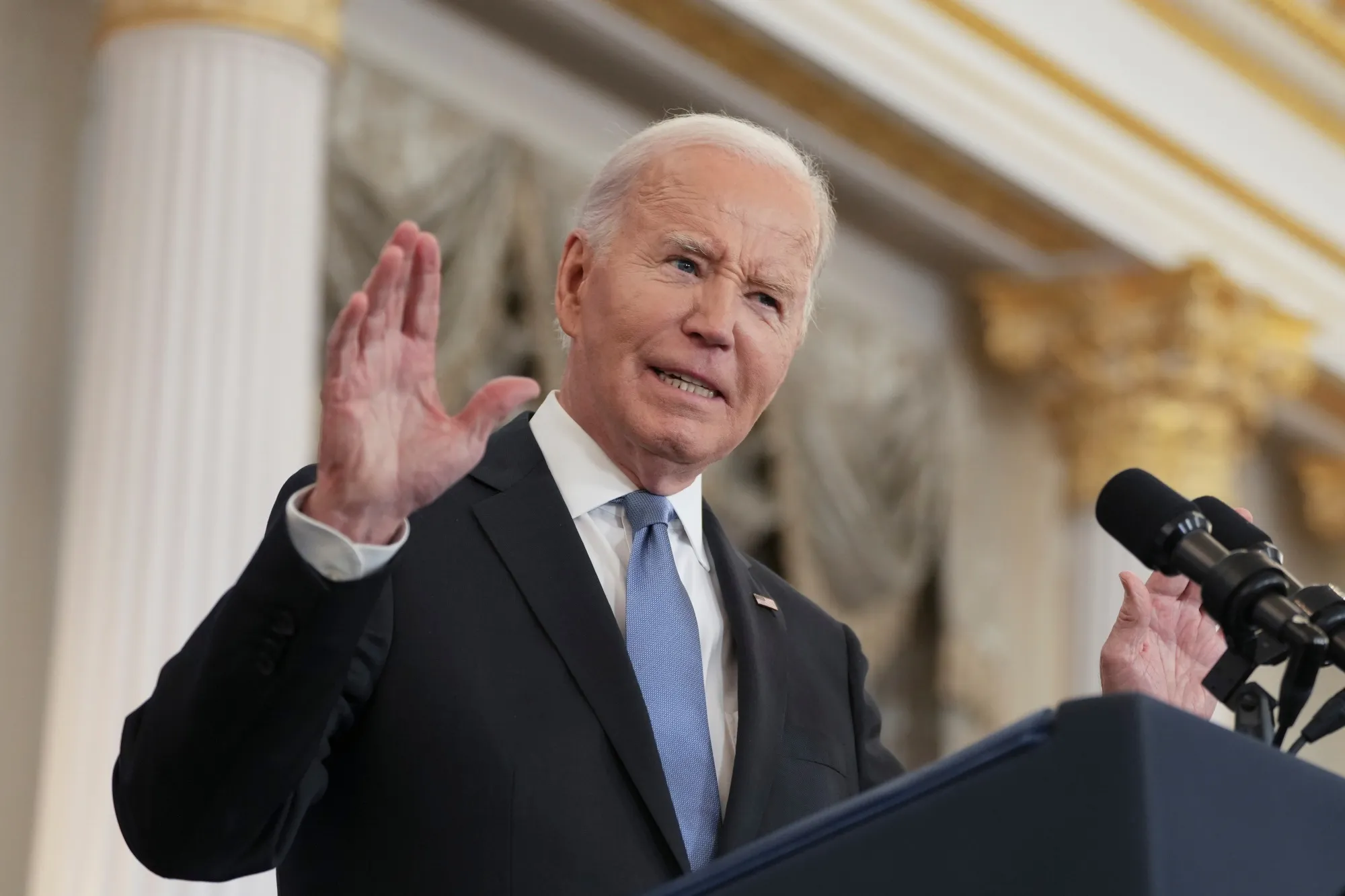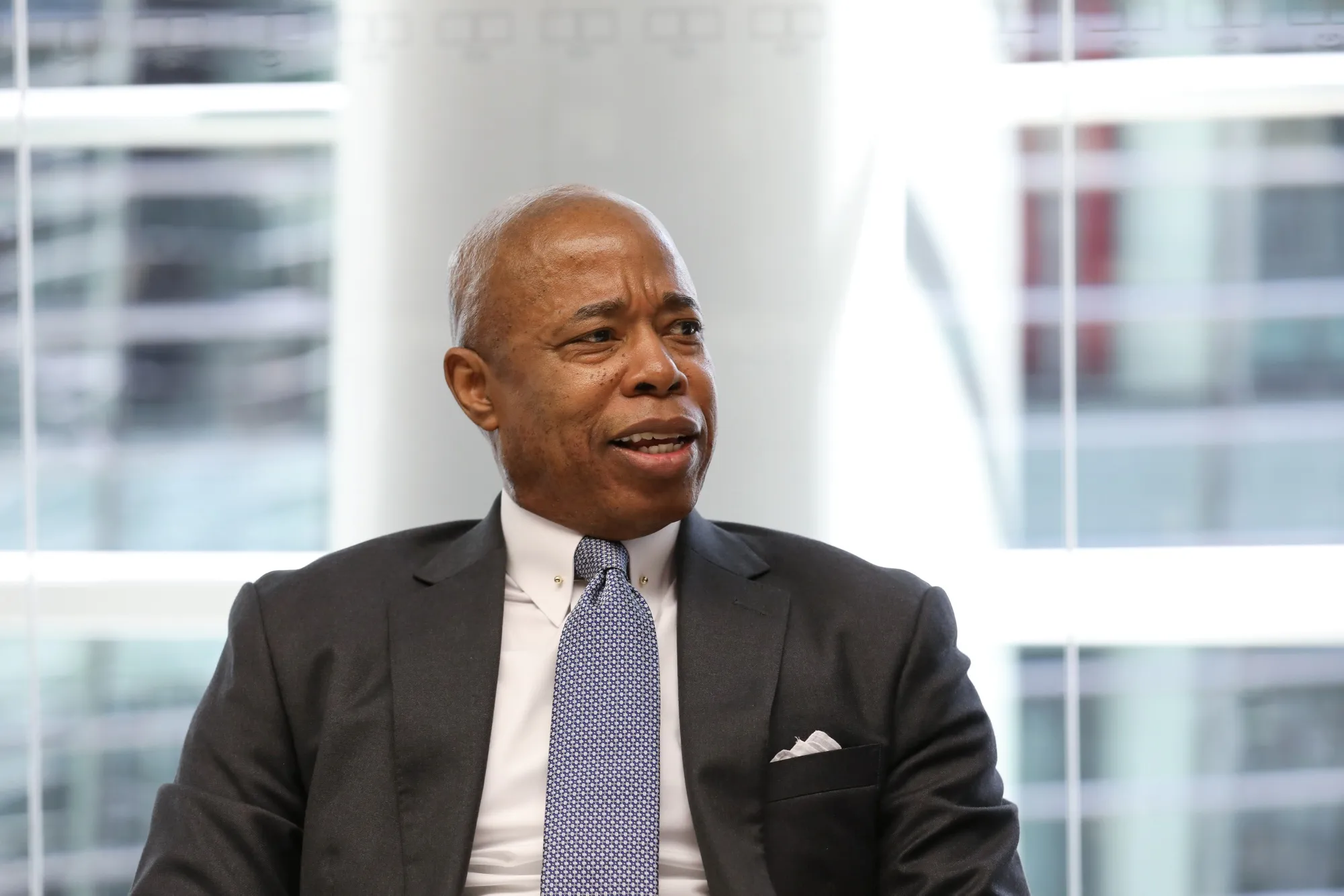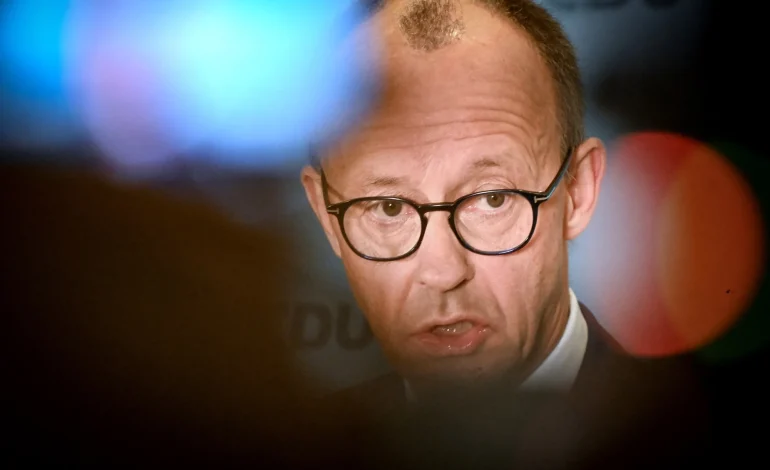German opposition leader Friedrich Merz has called for Chancellor Olaf Scholz to submit to a vote of confidence by early next week, paving the way for fresh elections as early as mid-January, Bloomberg reports.
This demand follows Scholz’s decision to dissolve the three-party coalition government by sacking FDP Finance Minister Christian Lindner on Wednesday.
Merz, leader of the conservative CDU/CSU alliance, which enjoys a commanding lead in polls, believes that a swift election is crucial to address the political uncertainty following the coalition’s collapse. “It is important that we now very quickly put responsibility for the composition of the German Bundestag back into the hands of the voters,” Merz said. He has also emphasized the need for a functional government to address international commitments and EU decisions.
Scholz, meanwhile, has proposed pushing the next scheduled election from September to March, aiming to secure the passage of bills on tax reductions and manufacturing support. However, Merz argues that the current situation demands immediate action.
Financial markets reacted to the political upheaval, with German bund yields rising above the equivalent swap rate for the first time since at least 2007, signaling investor anxieties about debt sales. The DAX index, however, saw a 1% gain in early trading.
Scholz’s decision to dismiss Lindner, though surprising, had been brewing for weeks amid escalating tensions over economic and financial policies.
The chancellor’s proposed January vote would allow the government to pass the 2025 federal budget, currently under parliamentary scrutiny, before year-end. He has appointed Joerg Kukies, his former deputy when Scholz was finance minister, to replace Lindner.
While the chancellor cannot call an early election, he can trigger one by deliberately losing a vote of confidence in the lower house of parliament. If this occurs, President Frank-Walter Steinmeier, a former Social Democrat vice chancellor, would dissolve parliament, necessitating an election within 60 days.
A resounding victory for Merz’s center-right alliance in an early election seems likely, given their strong poll numbers. The FDP’s current polling position, hovering at 3%, risks jeopardizing their parliamentary presence.
A flash poll for public broadcaster ARD revealed that a majority of Germans support an early election, with 53% in favor and 40% against. The government’s performance remains unpopular, with only 14% of respondents expressing satisfaction, while 85% express dissatisfaction with Scholz and his cabinet.









